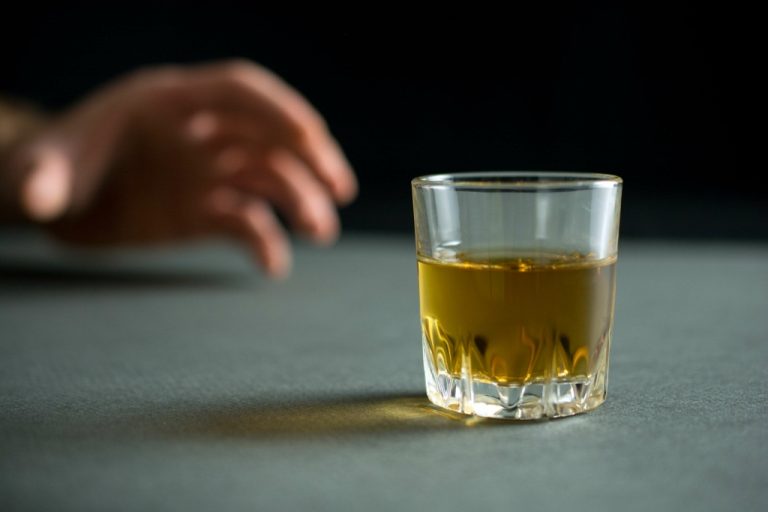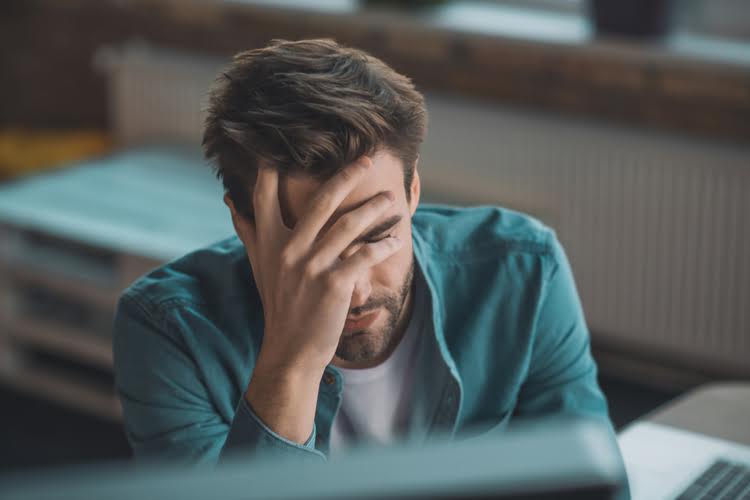The result is presented in Table 6; there was no significant difference between results given by the two models. After de‐duplication and screening of titles and abstracts, we were left with 482 citations for further assessment. We retrieved full‐text articles for those citations and included 32 studies (Figure 1). The Cochrane Hypertension Information Specialist searched the following databases without language, publication year, or publication status restrictions.

Gepner 2013 published data only
- Alcohol can make some medicines less effective or cause side effects like drowsiness.
- That said, if you have specific concerns about your blood pressure and heart health, or feel that your drinking habits have a negative effect on your health and well-being, it’s always a good idea to let your doctor know.
- Alcohol increases blood levels of the hormone renin, which causes the blood vessels to constrict.
- It is always imperative to consult with a healthcare provider for personalized advice.
- Meditation, on the other hand, helps individuals gain a new perspective on stressful situations, build skills to manage stress, and increase body awareness.
Similarly, acute stress triggers the body’s „fight or flight“ response, which involves the release of stress hormones. These hormones also raise heart rate and blood pressure, putting additional strain on the cardiovascular system. It’s important to note that while these effects may be temporary, repeated exposure can lead to long-term health complications such as heart disease. Similarly, acute stress triggers the body’s “fight or flight” response, which involves the release of stress hormones. It’s important to note that while these effects may be temporary, repeated exposure can lead to long-term health complications such as heart disease.
Kawano 2002 published data only
Enjoying a drink now and then is unlikely to cause harm, but understanding the potential risks empowers you to make decisions that support your long-term health. Cutting back on alcohol is one of the most effective ways to reduce your risk of hypertension. Even small changes, like switching to lower-alcohol beverages or having alcohol-free days, can make a significant difference.
Farre 1993 published data only
You may have read that some alcoholic drinks, like red wine, are better for your health than others. But too much of any type of alcohol will negatively affect your blood pressure. This puts strain on your heart muscle and can damage blood vessel walls, which can lead to fatty material building up on blood vessel walls (atherosclerosis), which increases the risk of a heart attack or stroke.
Bryson 2008 published data only
This is unfortunate, as we have reason to believe that the effects of alcohol on BP might be greater in women. Ratings of the certainty of evidence ranged from moderate to low in this review, which suggests that the effect estimates of alcohol might be slightly different than the true effects. For high doses of alcohol, we found moderate‐certainty evidence showing a decrease in SBP and low‐certainty evidence suggesting a decrease in DBP within the first six hours and 7 to 12 hours after consumption. Moderate‐certainty evidence shows that SBP and DBP rise between 13 and 24 hours after alcohol ingestion. High‐dose alcohol consumption increased HR by approximately 6 bpm in participants, and the effect lasted up to 12 hours. We how does alcohol affect blood pressure created a funnel plot using the mean difference (MD) from studies reporting effects of medium doses and high doses of alcohol on SBP, DBP, MAP, and HR against standard error (SE) of the MD to check for the existence of publication bias.

- If you’re worried about your or a loved one’s drinking habits, screening questionnaires like CAGE or AUDIT can help clarify the severity of alcohol use patterns and link them to possible health consequences.
- Individuals who regularly consume alcohol should be aware of the potential long-term effects on blood pressure and consider moderation or seeking professional guidance to manage their blood pressure levels effectively.
- It’s also worth noting that alcohol contains high levels of calories, which can lead to weight gain.
- For example, sympathetic activation could underlie the observed BP elevation, as could the disruption of carotid baroreceptor responses that regulate BP.
Atrial fibrillation (A-fib) is an irregular heartbeat, often a very rapid heart rhythm. Atrial fibrillation increases the risk of serious medical conditions, such as heart attack and stroke. Alcohol interferes with the heart’s electrical signals, which can contribute to atrial fibrillation and weaken how the heart pumps, explains Campbell. While data conflicts on one glass of alcohol’s effects on A-fib, people who abstain from alcohol appear to have the lowest risk of developing A-fib. Drinking more than three drinks in one day or heavy alcohol use over time significantly raises blood pressure alcohol levels. When you drink alcohol, several processes occur in your body that influence blood flow and blood pressure levels.
“It appears that heavy alcohol use can affect blood pressure for 12 to 24 hours; then persistent heavy alcohol use can also lead to sustained elevations in BP,” says Dr. Desai. Within 13 hours of binge drinking, your systolic BP goes up by nearly four points and Halfway house your diastolic BP goes up by 2.5 points, according to the Cochrane Database of Systemic Reviews. Older adults — drinkers, nondrinkers, it doesn’t matter — are already at risk for hypertension. Research suggests that 74.5 percent of people 60 and older have high blood pressure, compared with 54.5 percent of adults ages 40 to 59. Several factors are to blame, one being your body’s network of blood vessels, which changes with age. Much of the current literature on alcohol does not mention the hypotensive effect of alcohol or the magnitude of change in BP or HR after alcohol consumption.


